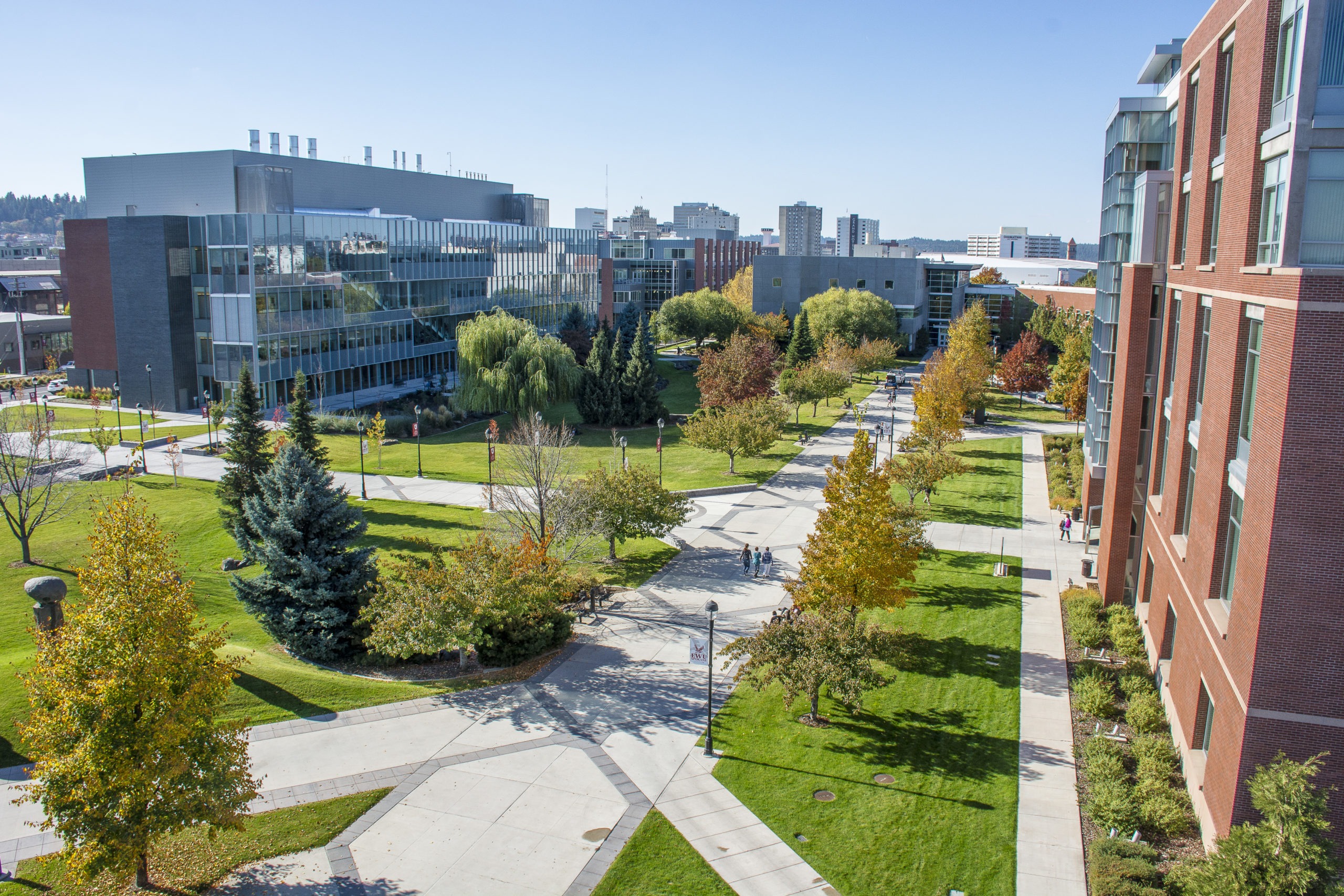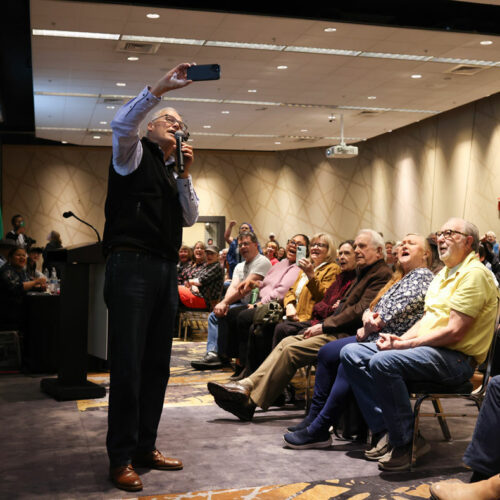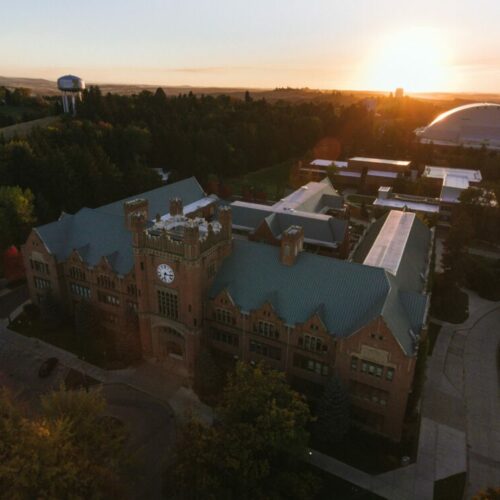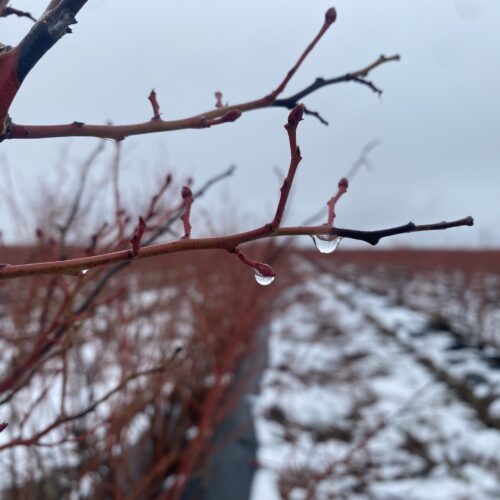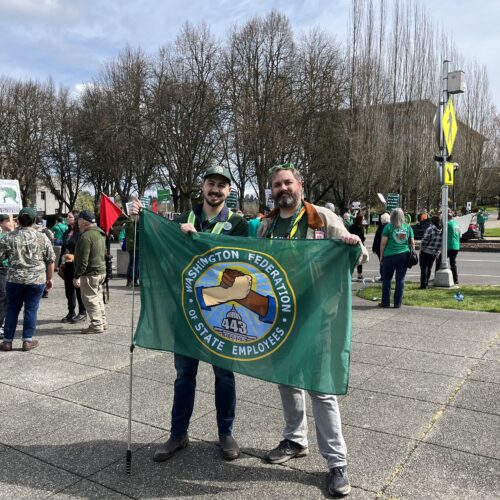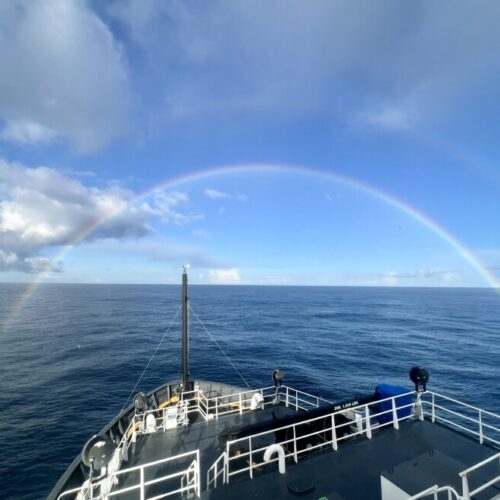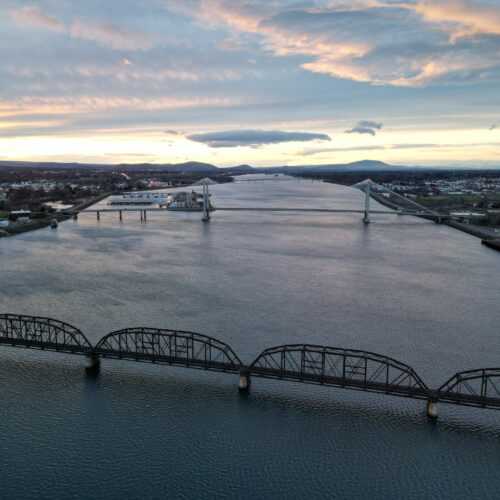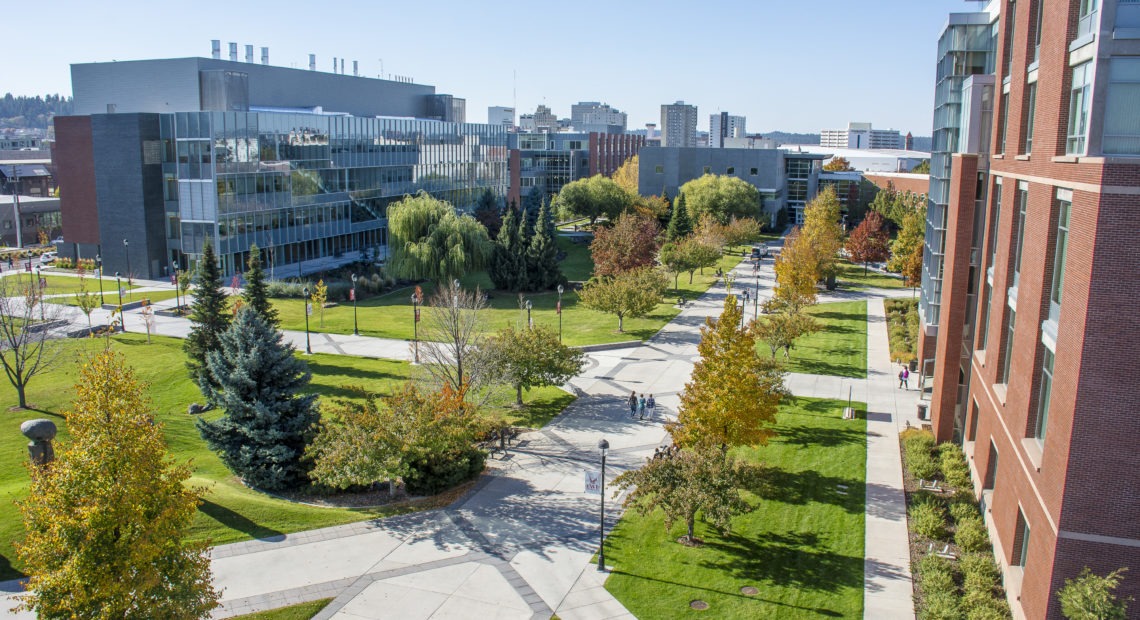
WSU Researchers Receive Grant Money To Study COVID-19 And Cancer Topics
READ ON
COVID-19 has become fertile ground for health sciences researchers, including those headquartered at Washington State University.
Two faculty members in the WSU College of Medicine have earned new grants for projects related to COVID-19 and cancer.
Professors Ofer Amram and Patrik Johansson have each been awarded $100,000 from the Andy Hill CARE Fund for cancer research in western Washington.
Amram’s project is looking at how cancer patients were affected by the state’s decision this spring to reserve hospital and doctor capacity for coronavirus cases.
“We read a study that was done in the UK that showed that, because of COVID, they estimated that 2,300 cancer cases are going undiagnosed weekly, so we wanted to look at Washington state,” he said.
Amram’s team will examine data from MultiCare and determine the extent to which cancer treatments and preventive visits have been delayed this year, compared to years past, because people couldn’t get in to see their doctors.
He says they’ll focus on diagnoses and treatments for cervical, breast and colon cancers because they are among the most common in the U.S.
Patrik Johansson’s research focuses on American Indians and people in rural areas who are battling cancer. He and his team will survey cancer patients in some of the Washington clinics with whom his college has affilliation agreements.
“We’re going to look at how has COVID-19 impacted their emotional wellbeing, their access to social support, their access to care, exercise, diet, employment status. Also, what is their knowledge about COVID-19 as well as how connected they feel to their community,” Johansson said.
Johansson’s project will conducted by the Northwest Health Education Research Outcomes Network, based in the WSU College of Medicine.
NOTE: WSU holds the broadcast license of this station, though NWPB is editorially independent.
Copyright 2020 Spokane Public Radio. To see more, visit spokanepublicradio.org
Related Stories:
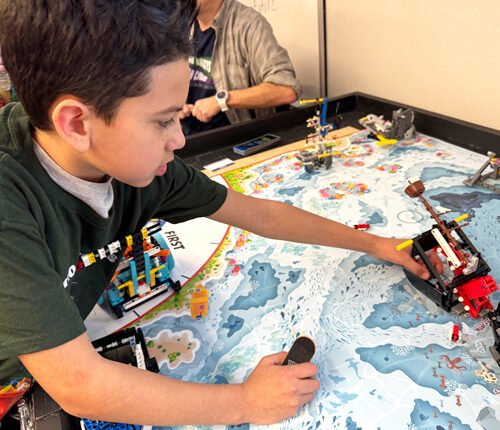
Richland Lego robotics team hopes state grants won’t be put on hold
Fourth grader Sergio Preciado shows off a Lego shipwreck he helped build and code with his FIRST Lego League team, called the Dino Nuggys. The program is mostly grant funded
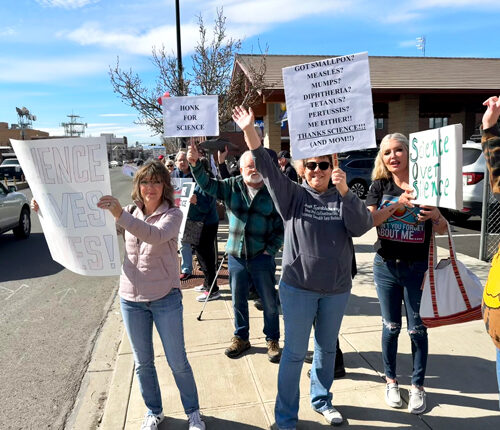
Dozens in Yakima rally to support science for national protest
Around 50 people gathered for Yakima’s Stand Up for Science rally on Friday. People around the country attended science protests at the same time. (Credit: Courtney Flatt / NWPB) Listen
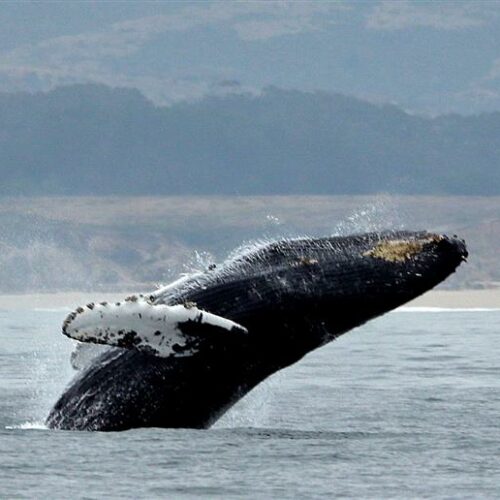
Whale, ship collisions around the globe could be helped by slower speeds, study shows
A humpback whale breeches off Half Moon Bay, Calif., in 2017. (Credit: Eric Risberg / AP) Listen (Runtime 1:06) Read Giant ships that transport everything from coffee cups to clothes

